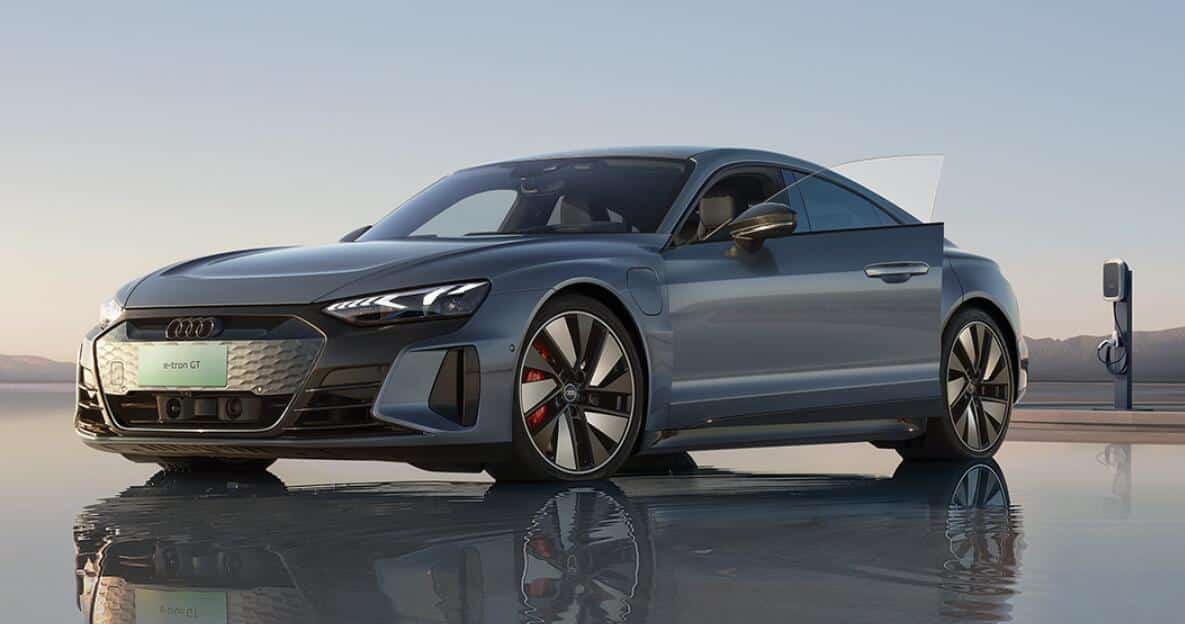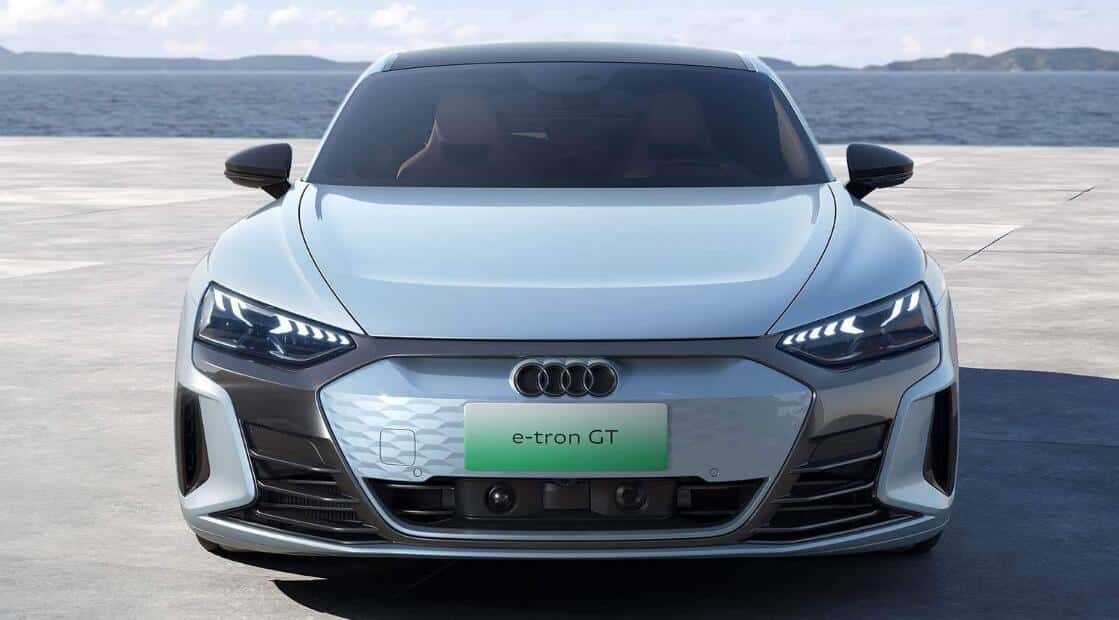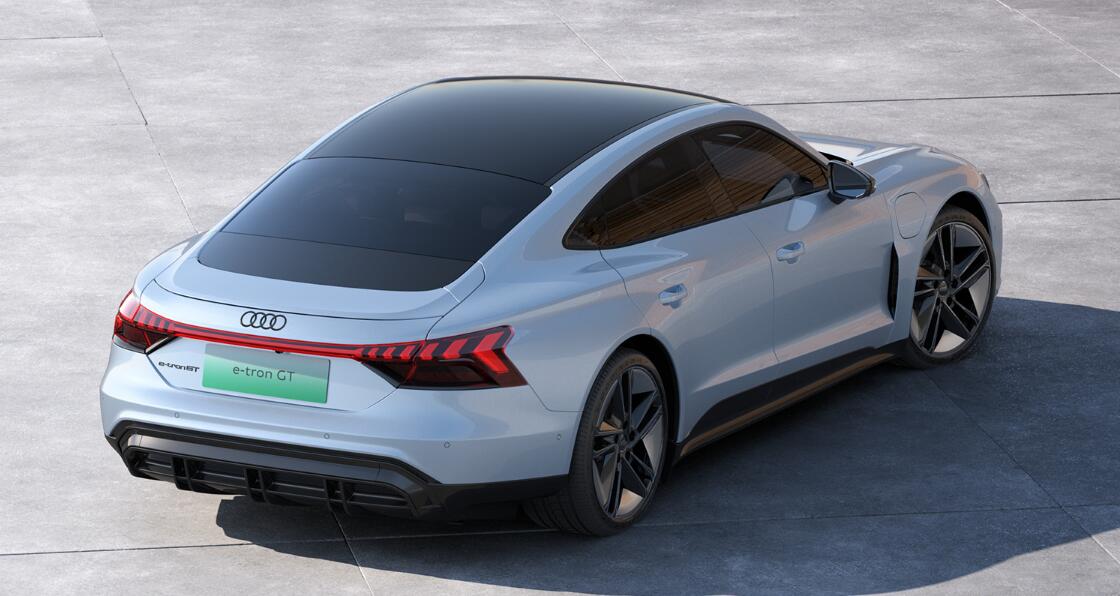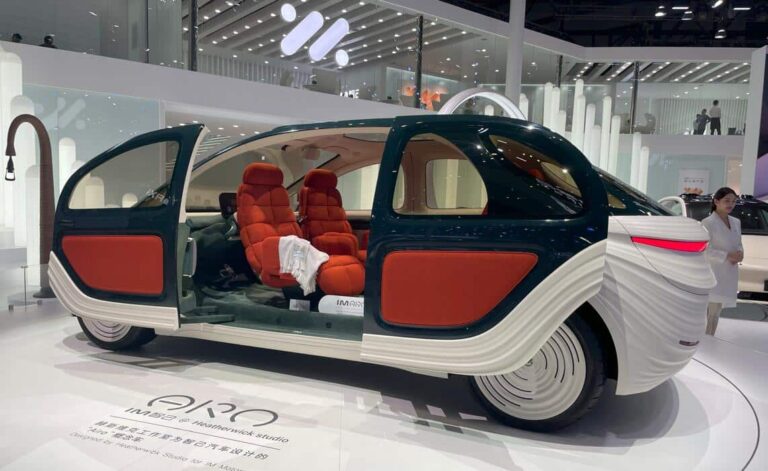The Audi e-tron GT is powered by dual motors and can sprint from 0 to 100 km/h in 4.1 seconds with a WLTP range of 488 km.

(Image credit: Audi)
Audi, Volkswagen's premium brand, yesterday rolled out its ultra-luxury e-tron GT electric coupe in China, with a starting price of RMB 999,800 ($140,000).
The car measures 4,989 mm in length, 1,964 mm in width and 1,414 mm in height, with a wheelbase of 2,900 mm.
The Audi e-tron GT is powered by dual electric motors with a combined maximum power of 350 kW and maximum torque of 630 Nm, and can sprint from 0 to 100 km/h in 4.1 seconds.
The car is equipped with a battery pack with a capacity of 93 kWh and a WLTP combined range of 488 km.
The Audi e-tron GT is based on an 800 V platform and can charge the battery from 5 percent to 80 percent in 22.5 minutes in DC fast charging mode, it said.
On July 5, Audi started pre-sales of the Audi e-tron GT Launch Edition in China with a starting price of RMB 1,099,800, but it will be limited to 20 units for the entire 2023.
Before that, Audi launched the RS e-tron GT in China on December 30, 2022, with a starting price of RMB 1,468,800 yuan.
Based on the same J1 platform as the Porsche Taycan, the car is powered by dual motors and can sprint from 0 to 100 km/h in 3.3 seconds.
While Audi announced the launch of the e-tron GT yesterday, Chinese automotive giant SAIC Motor announced that it had signed a memorandum of understanding with the German carmaker.
The two will accelerate the development of new electric models to meet Chinese customer demand for premium electric vehicles, according to SAIC's press release yesterday.
On July 26, Volkswagen announced that Audi and SAIC had entered into a partnership in which the two companies will expand their EV portfolio for the premium market through joint development.
As a first step in the plan, Audi will enter segments not previously covered in China by launching new electric models, according to a statement from Volkswagen.
($1 = RMB 7.1741)


